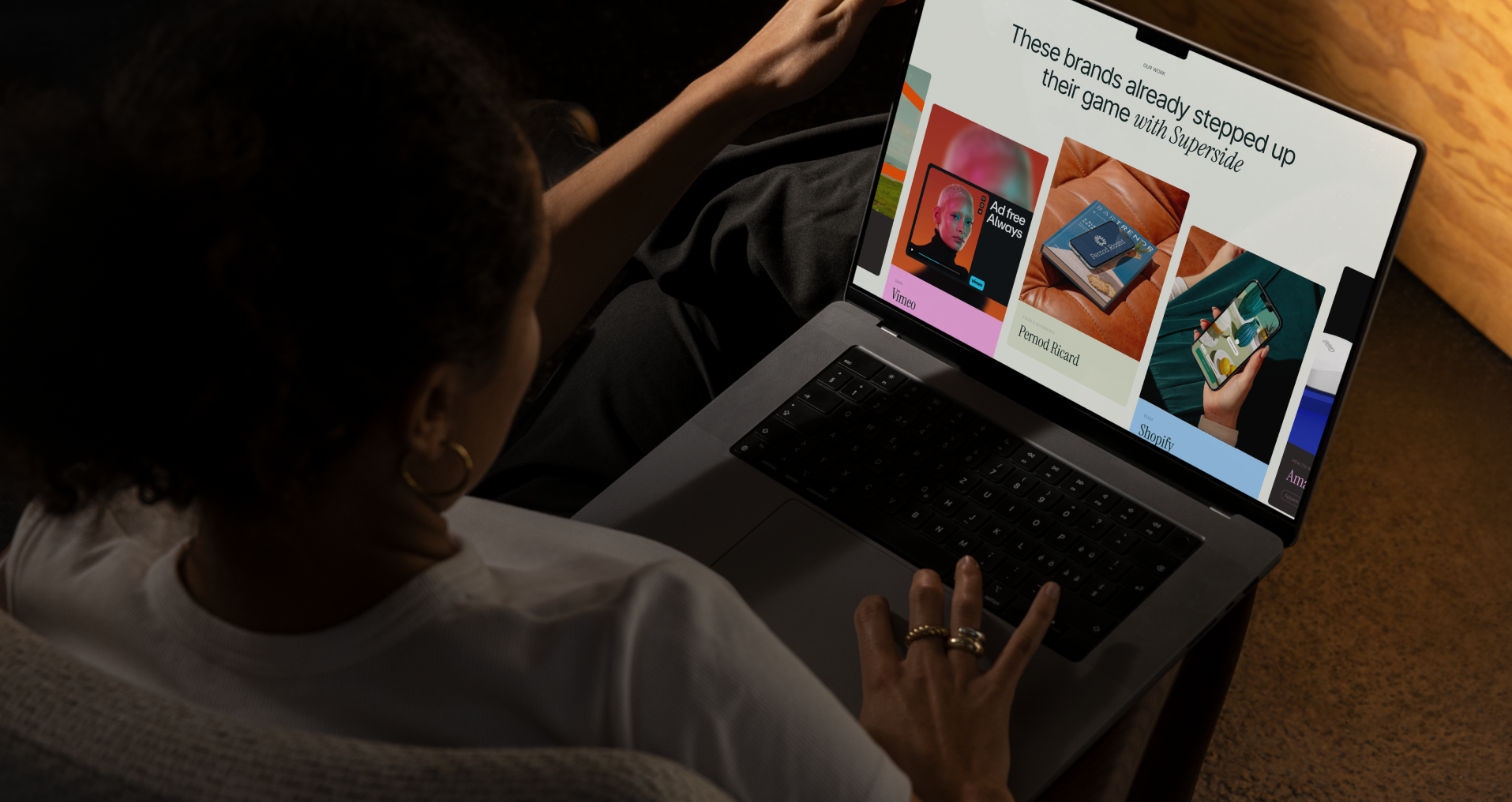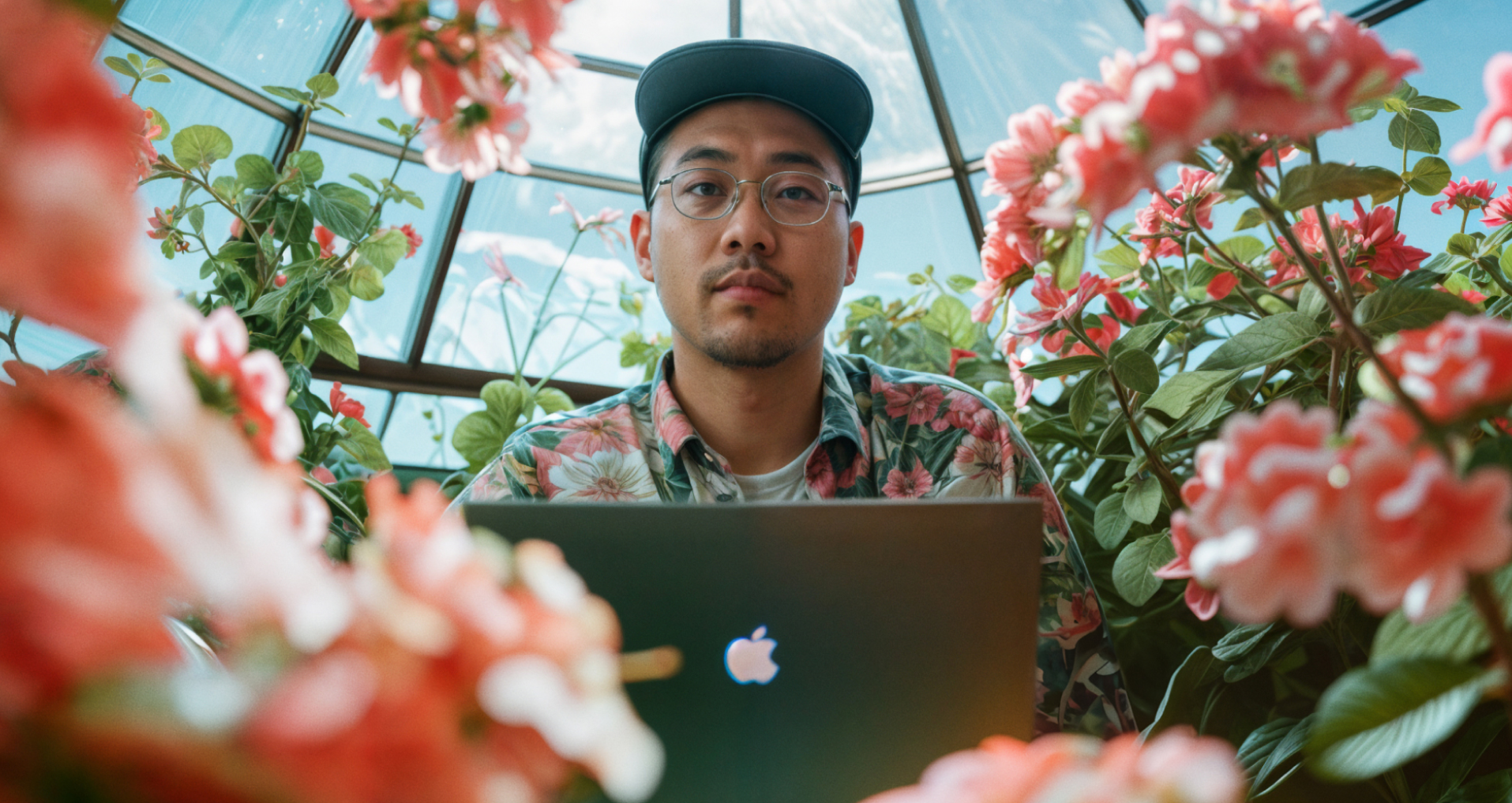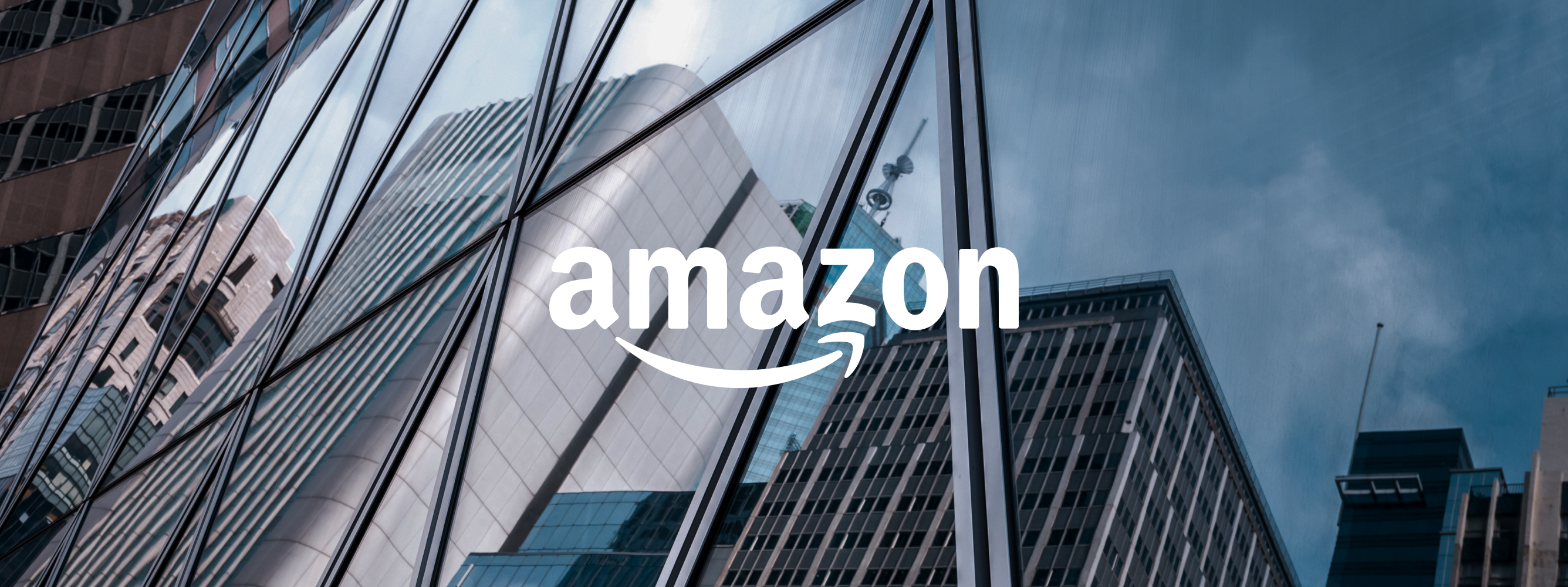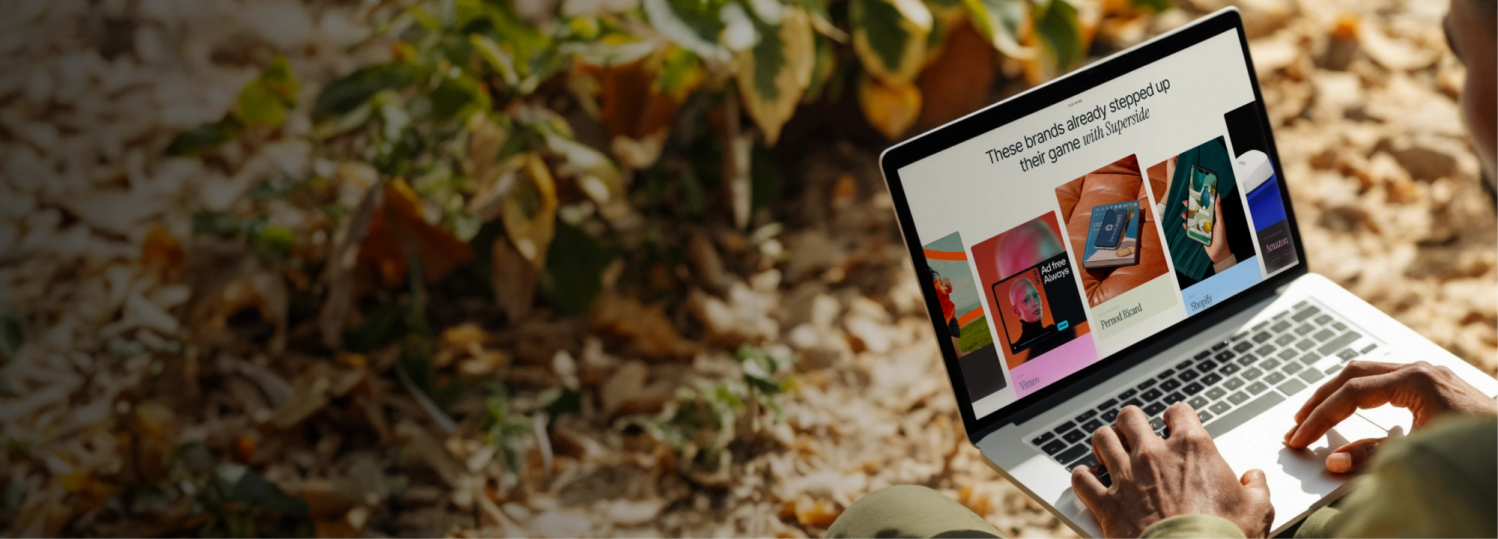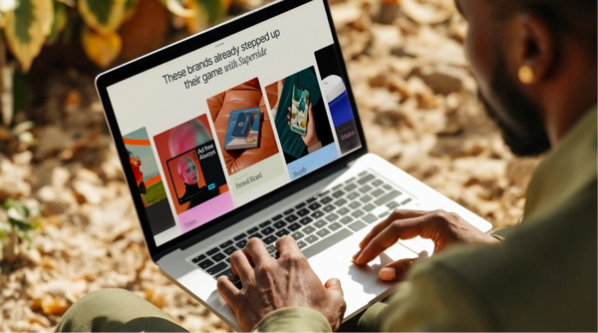
Creative Localization for Enterprises: Challenges, Services & More in 2025
Published 2 Dec, 2024
Expanding your brand into new territories is exciting, but adapting your creative for diverse markets can be a balancing act. Nail your creative localization process at scale with Superside’s tips.
Personalizing customer experiences is the new marketing frontier. According to McKinsey, consumers associate personalization with positive feelings, and three-quarters now expect tailored content.
Just as no two consumers are alike, no two markets are the same. Brands that invest in personalization at the bottom of the funnel should do so higher up, which is where creative localization plays a starring role.
Sit tight if you don’t know what creative localization is or struggle to reach new audiences in other countries. This article examines how the process works, why localization matters and who to turn to for enterprise localization solutions (spoiler alert: it’s Superside 🙂).
What Is Creative Localization and Why Is It Critical for Enterprises?
With creative localization, you adapt your marketing materials for various cultures and regions, focusing on more than just translation. The process ensures you maintain your brand identity while resonating with local audiences.
Recognizing and responding to local nuances helps businesses connect with consumers more authentically and emotionally. This, in turn, drives customer trust, deepens engagement and establishes global brand recognition.
It’s worth investing in localized content to reach international audiences. This type of creative garners six times more engagement than messaging directed to a broader, global audience, with over half of marketers saying geo-targeting yields the highest ROI from advertising.
Failing to localize your content for diverse audiences could weaken the impact of a campaign you’ve invested so much in. Worse, it could actively offend your target audience, resulting in reputational damage and missed revenue opportunities.
The $535 billion global app market demonstrates the advantages of localization: Brands that don’t adapt content on their apps reportedly lose 8% to 13% of their users.
A case in point: In China, 92% of top-grossing iPhone apps feature Chinese names and text, and 86% of localized ads outperform their English counterparts.
5 Core Components of Effective Localization
Every media localization strategy should carefully consider:
1. Language and tone adaptation
Understanding cultural localization in marketing is vital for companies operating in different regions. Making contextually accurate language and tone adjustments that align with local norms is critical to ensure your creative delivers the intended message.
2. Visual and cultural customization
What you write matters, but so does what you show. For example, red symbolizes love and passion in the West, prosperity in China, and death in some parts of Africa. Choosing colors, images and symbols carefully helps avoid misunderstandings.
3. Industry-specific customization
Tailoring messages according to different industries—say, fashion or finance—helps increase the chances of meaningful engagement.
For instance, a B2B software company might emphasize ROI and efficiency metrics when marketing to financial services firms while highlighting creative trend analysis when approaching fashion brands.
4. Compliance with local regulations
Adapting content to local regulations is vital. For example, EU companies must comply with GDPR, drug launches need accurate labeling (which differs from country to country), and financial reports must meet local standards.
5. Brand consistency across markets
Localized content will differ by country or region, but it must maintain the brand’s identity. A clear international localization strategy prevents confusion among team members from different regions.
Challenges of Localization at Scale for Enterprises
Launching effective content marketing campaigns in different regions requires careful planning. Key challenges include:
Maintaining consistency across local markets
Finding the right balance between local content and consistent branding across different regions is no small feat. Figuring out which elements can be adjusted without losing your corporate identity is crucial.
Managing a high volume of assets
Localizing creative assets across languages and channels is a lot of work. All your marketing collateral must be duplicated and tweaked for the new locality while retaining brand integrity. Make sure you allow enough time for this process.
Navigating cultural differences and sensitivities
You’ll need local experts to help you understand your target audience's behaviors, cultural nuances and everyday language to ensure localized content connects well. Plan accordingly and also do your own market research.
Operational complexity and resource allocation
Managing workflows of multiple teams—from copywriters, translators and language experts to graphic designers and strategists—adds complexity. Invest time in setting your workflows up correctly from the start.
Time and budget constraints
You’re likely to have to quickly create localized assets while managing limited marketing budgets. Think about ways to speed things up without breaking the bank.
Why Enterprises Need a Scalable Creative Localization Partner
These days, marketing teams have to do more with less. We get it—we’re creatives, too.
Partnering with a world-class creative localization company is a time- and cost-saving no-brainer for enterprises operating in global markets. Here’s why:
How Superside Solves Creative Localization Challenges at Scale
Our teams offer multiple design services and scalable media localization for enterprises across the globe. Here’s how:
- Dedicated localization teams: Our fully remote company hires the top 1% of creative talent worldwide, which means our teams have expertise in local languages, cultures, trends and creative styles. They work with yours, fitting into your workflows seamlessly.
- A fully managed project workflow: We handle customers’ localization projects from start to finish. We use a smooth workflow to ensure every task is done quickly and accurately, from the first briefing to the final delivery.
- Advanced tools and processes for consistency: We work across borders using collaborative tools like Figma to ensure brand consistency.
- A predictable subscription pricing model: We provide transparent pricing and detailed hour breakdowns for each service. This helps our enterprise customers budget for ongoing localization projects.
2 Creative localization case studies: Shopify and Imperfect Foods
We’ve implemented enterprise localization solutions for both Shopify and Imperfect Foods by following a step-by-step approach.
Case study 1: Shopify
Shopify Ads
When Shopify commissioned Superside to support its burgeoning media localization needs, we offered them a seven-step solution:
Step 1: Multi-channel localization
We localized their content on platforms like Facebook, YouTube and TikTok, tailoring their messaging to connect with each audience’s preferences.
Step 2: Global brand localization
We created multilingual marketing materials with local adjustments, allowing Shopify to reach their target markets while maintaining a consistent global brand presence.
Step 3: High-volume asset production
We created over 4,000 assets to test different layouts and value points, allowing Shopify to explore global markets without burdening its internal team.
Step 4: Rapid turnarounds for real-time experimentation
We created assets within 24 hours, an impressive timeframe that could facilitate rapid A/B testing. This approach allowed for faster localization and optimization.
Step 5: Fresh, localized perspectives
Our designers created unique, brand-compliant ideas, incorporating diverse perspectives for effective localization in different markets.
Step 6: Scalability without expanding headcount
Shopify used Superside’s subscription model to access design and project management talent, boosting creative production without hiring more in-house staff.
Step 7: Cost-effective experimentation
Our flexibility allowed Shopify to conduct cost-effective creative experiments and continue its continuous testing culture.
Case study 2: Imperfect Foods
In our second case study, Imperfect Foods turned to Superside for assistance in expanding one of its campaigns. We followed six steps:
Step 1: Tailored motion graphics for multi-state reach
Superside helped Imperfect Foods localize its ads and social media posts with state-specific text and motion elements.
Step 2: Flexible and scalable design templates
We provided templates that enabled the Imperfect Foods team to quickly create local ads for different regions, saving time and design resources.
Step 3: Efficient A/B testing for media localization
Our quick turnaround time enabled fast A/B testing of creative assets, helping Imperfect Foods refine its value propositions for local target markets.
Step 4: Localized out-of-home campaigns
Our agility helped Imperfect Foods launch location-specific out-of-home campaigns that effectively reached their local target audience quickly.
Step 5: Cross-departmental and cross-channel collaboration
Superside supported multiple departments at Imperfect Foods, ensuring consistency across digital, social and physical channels in several countries.
Step 6: Cost-effective and increased design capacity
We boosted the company’s design capacity tenfold, saving Imperfect Foods around $250,000 and enabling geographical expansion without straining their internal design team.
Take Your Brand’s Content to the World With Superside
Scalable localization for enterprises is crucial for market expansion. Unfortunately, the process is also resource-intensive.
Working with a partner like Superside makes sound financial and practical sense. In fact, our global design teams provide cost-effective support and scalable localization solutions that could exceed your growth goals in various markets.
With turnaround times of as little as 48 hours, think of us as your creative team’s creative team set on helping you achieve global growth. Book a call to discuss your localization strategy.
Meet Roger, a content marketer driven by his love for online search, digital marketing, and performance marketing. When he's not immersed in the latest updates on Google, AI and social media, you'll find him passionately crafting strategies to simplify online searches for people, sparing them the frustration of navigating through endless pages. As a marketer, Roger Match has turned into the perfect match for Superside, helping us showcase our purpose, objectives and essence to the world.
